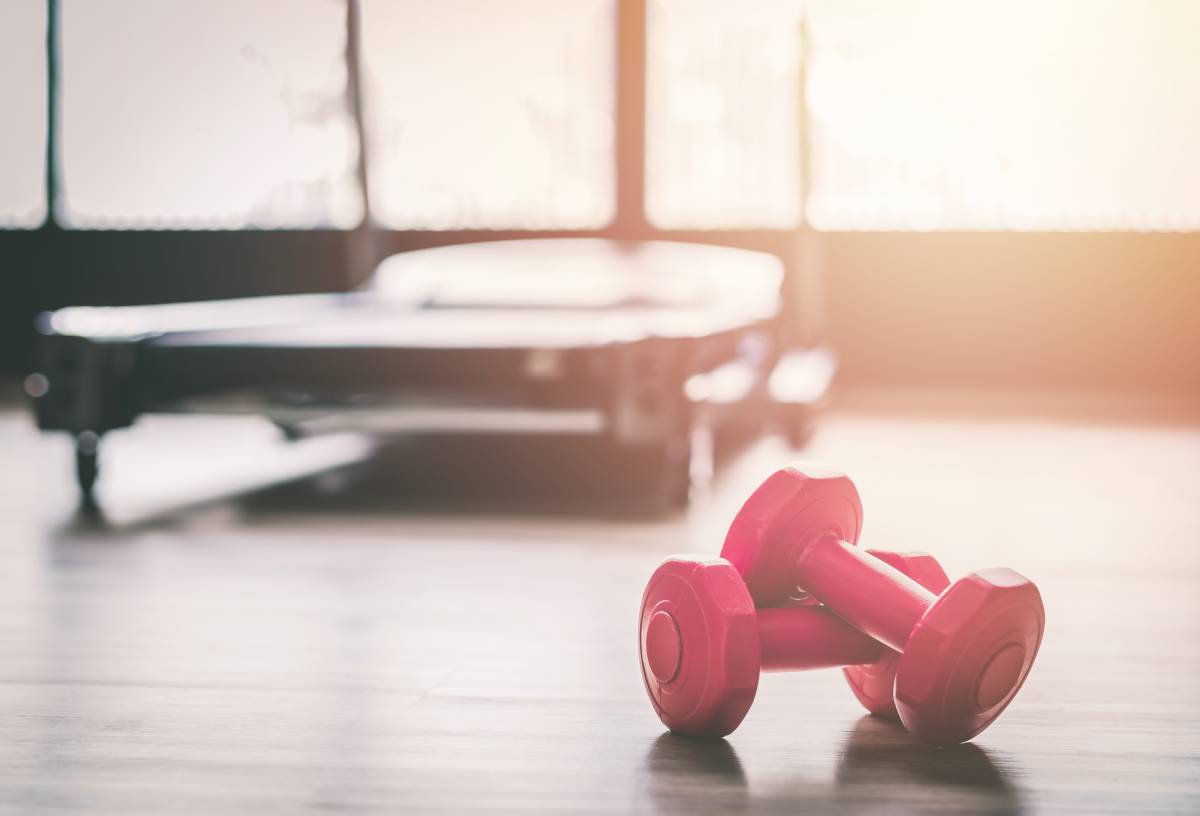Walking, jogging, yoga and strength training ease depression, according to an article in The BMJ
Walking or jogging, yoga, and strength training seem to be the most effective exercises to ease depression, according to an evidence review published in The BMJ today (15 February).
The exercises listed above appear to work alone or in conjunction with established treatments, such as psychotherapy and drugs, lead author Michael Noetel, a senior lecturer at the school of psychology at the University of Queensland, and colleagues report.
Even low intensity activities such as walking or yoga are beneficial, but the results suggest that the more vigorous the activity, the greater the benefits are likely to be.
Dr Noetel and his fellow researchers stress that confidence in many of the findings remains low and more high-quality studies are needed, but they say these forms of exercise ‘could be considered alongside psychotherapy and drugs as core treatments for depression’.
The World Health Organization estimates that more than 300 million people worldwide have depression. Exercise is often recommended alongside psychotherapy and drugs, but treatment guidelines and previous evidence reviews disagree on how to prescribe exercise to best treat depression.
More than 200 relevant trials analysed
To address this uncertainty, researchers trawled databases looking for randomised trials that compared exercise as a treatment for depression with established treatments, such as selective serotonin reuptake inhibitors (SSRI) antidepressants, cognitive behavioural therapy, active controls (such as usual care, placebo tablet), or untreated controls.
They found 218 relevant trials involving 14,170 participants with depression for analysis. Each trial was assessed for bias and the type, intensity and frequency of each exercise intervention was recorded.
Gender differences
Other potentially influential factors such as participants’ sex, age, baseline levels of depression, existing conditions, and differences between groups were also taken into account.
Compared with active controls, large reductions in depression were found for dance and moderate reductions for walking or jogging, yoga, strength training, mixed aerobic exercises and tai chi or qigong. Moderate, clinically meaningful effects were also found when exercise was combined with SSRIs or aerobic exercise was combined with psychotherapy, suggesting that exercise could provide added benefit alongside these established treatments.
Although walking or jogging were effective for both men and women, strength training was more effective for women, and yoga or qigong was more effective for men. Yoga was also more effective among older adults, while strength training was more effective among younger people.
And while light physical activity such as walking and yoga still provided clinically meaningful effects, the benefits were greater for vigorous exercise such as running and interval training.
Exercise appeared equally effective for people with and without other health conditions and with different baseline levels of depression. Effects were also similar for individual and group exercise.
Health systems may want to provide these treatments as alternatives or adjuvants to other established interventions, while also attenuating risks to physical health associated with depression [Michael Noetel et al]
Caveats and conclusions
The authors acknowledge that the quality of evidence is low and very few trials monitored participants for one year or more. Many patients may also have physical, psychological, or social barriers to participation, they note. Nevertheless, they suggest a combination of social interaction, mindfulness, and immersion in green spaces that may help explain the positive effects.
‘Our findings support the inclusion of exercise as part of clinical practice guidelines for depression, particularly vigorous intensity exercise,’ Dr Noetel and his colleagues say. ‘Health systems may want to provide these treatments as alternatives or adjuvants to other established interventions, while also attenuating risks to physical health associated with depression.’
Linked editorial backs findings
‘Primary care clinicians can now recommend exercise, psychotherapy, or antidepressants as standalone alternatives for adults with mild or moderate depression,’ explains Juan Ángel Bellón, a professor in the department of public health and psychiatry at the University of Malaga, in a linked editorial.
Professor Bellón points out that taking regular exercise can be challenging for people with depression and says studies using real world data are needed to evaluate physical activity programmes for people with depression.
He notes that the European Union has recently committed to promoting exercise across member states and urges health services and local and national administrations to ‘provide enough resources to make individualised and supervised exercise programmes accessible to the entire population’.
Primary care clinicians can now recommend exercise, psychotherapy, or antidepressants as standalone alternatives for adults with mild or moderate depression [Juan Ángel Bellón]
To access the full version of the research article – titled Effect of exercise on depression: systematic review and network meta-analysis of randomised controlled trials doi: 10.1136/bmj-2023-075847 – click
To access the full version of the editorial – titled Exercise for the treatment of depression doi: 10.1136/bmj.q320 – click
Author: I A McMillanShare it with















